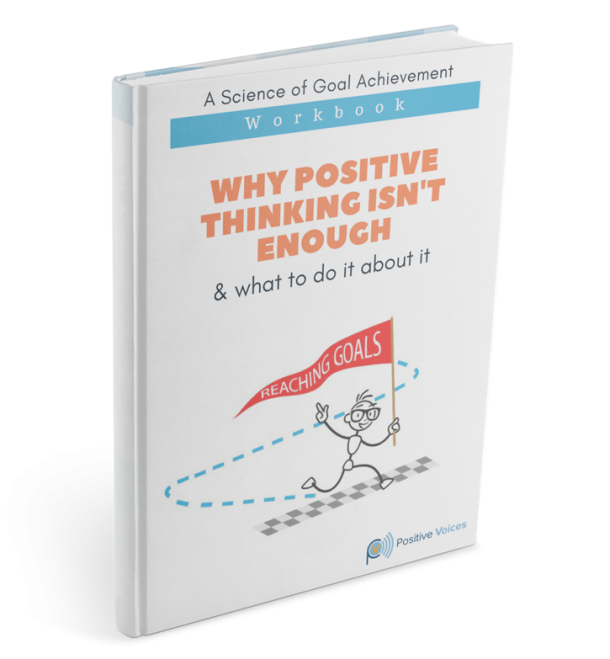 Have you ever been in a meeting where it felt more like a battleground than a space for collaboration? Most of us have. It can be overwhelming and deflating. Here I recount my such experience and then proffer a few suggestions.
Have you ever been in a meeting where it felt more like a battleground than a space for collaboration? Most of us have. It can be overwhelming and deflating. Here I recount my such experience and then proffer a few suggestions.
The idea of “cutting some slack” to another person or giving another the “benefit of the doubt” is a personal ideal for me. I have spent more than twenty years of my career in high-tech internet companies and have experienced many different corporate cultures.
One early experience in a software startup company, on balance, was very good. The company in many ways had a very progressive environment, replete with enjoyable outings, Ping-Pong tables for stress relief, free beverages, pizza on Fridays, the freedom to set our own hours (within reason) and to wear what was most comfortable.
Every week when our product cycle meeting (a weekly cross-functional meeting that included representatives from marketing, sales, engineering, software quality assurance, technical support, documentation, and operations) was about to commence, I felt angst. I believed these meetings were much more adversarial than productive.
I once lamented to a co-worker that the mental image I held for these meetings was of participants hiding behind boulders, emerging to speak with their sniper guns propped, aimed and ready to fire as they spoke, and then quickly disappearing behind shelter to hear the responses – a rain of gunfire. I decided then and there that at least two dysfunctional things were transpiring in those meetings: 1) many were trying to prove their intellect as superior to others, and 2) participants were not giving each other the benefit of the doubt. As a result, they were jumping to conclusions rather than asking questions, or in other cases, not letting some of the more inconsequential opinions go unchallenged.
This often-adversarial climate caused many participants to be quiet when they might otherwise have contributed. At other times participants would sit idle rather than doing something perceived as risky – which can be fatal for a technology startup, where risk-taking is the lifeblood to competing in the fast-paced tech market. In this case, the company perks were progressive, but the mindset in such meetings certainly was not.
From that point forward, I wondered, “How do you pull people out from behind their proverbial boulders? As we perform seemingly small actions, such as giving another the benefit of the doubt, what are the ripples that are created? If I give the benefit of the doubt to another, will the same be later extended to me? Can we bring a more gracious mindset to an organization where we create a practice of giving others the benefit of the doubt?”
Gracious Mindset Introduced
While I was in Graduate School, in my final project, I introduced the idea of “Gracious Mindset” as a thesis to my earlier questions on giving others the benefit of the doubt. I defined it as a frame of mind we consciously practice, endeavoring to give others the benefit of the doubt. The goal is to assume a respectful interpretation of the other’s intent. This could be applied or practiced in low-risk situations.
Consider this example: a seasoned worker, John, finds a new employee has taken his personal well-earned and convenient parking space. There are many attitudes John might assume about the offender: Parker is just an inconsiderate jerk. This would likely cause stress and anger and might affect John’s physiology – a racing heart rate, rising blood pressure, and constriction of blood vessels.
Imagine this example, but where John practices a gracious mindset, bringing this outlook to the same circumstance, assuming a respectful explanation or as close to that as he might come given his current situation. John could choose to believe he was cut out of his usual space because Parker might: 1) be in a hurry for an emergency, 2) have not been told of the company practice of giving those with the most tenure the best parking spots, or 3) have made an honest mistake quite unconsciously. Or John could merely shrug and assume there was some good reason and leave it at that. John’s mindset might be a general awareness that benevolent interpretations are possible. No need to spend a large amount of mental and emotional energy imagining possibilities.
In this scenario, John can continue his day with only a small hiccup in a “nearly uninterrupted” state. The cost of a gracious mindset in these micro-moments is little to none. After all, what is the risk here of giving Parker the benefit of the doubt? Either way, Parker is likely none the wiser and goes on in his day while John is left to be angry or not.
The situation in which we could assume a respectful interpretation can range from the trivial to the profound. For example, the incident could be a singular interaction with a stranger — as when a driver cuts us off on a highway to a high-stakes situation with someone with whom we have an ongoing relationship and who exerts some control over our future. In risky situations, skepticism can be useful, and there are times when someone is not working in our favor and/or can make choices that harm us. These are not the situations I am focused on here, but the ones where backlash is unlikely.
What am I advocating?
Look for opportunities to give others the benefit of the doubt. To get you started, here are some tips that might help you find your more gracious self in such situations:
- When someone offends you, take a deep breath, and remember that you don’t really know the other’s day, life, or situation.
- Suspend judgment about the other’s character, attitudes, values, and motives.
- Interpret the situation with a more benevolent read (or merely be aware that one is likely).
- Stay open and curious. Truly listening to others to understand can transform situations.
- To note: emotions are contagious. How we show up can impact those around you. For more on this, check out this blog.
Bonus: often when we extend another person a moment of grace, they are more inclined to do the same for us later. When we assume good intentions and motivations, the same might happen for us when we blunder. Not only can giving another the benefit of the doubt potentially save us from the downside of unproductive negativity, but it can also demonstrate grace and ultimately build better behavior amongst our teams.


All good in theory! In reality, in my experience, too many people are too fearful to be candid about their missteps, and instead protect themselves by not telling the truth, even when the truth is openly being invited to come to the table without adverse consequences.
Having had well over 600 employees during my lifetime, it is one of the main reasons I can no longer manage to have employees.